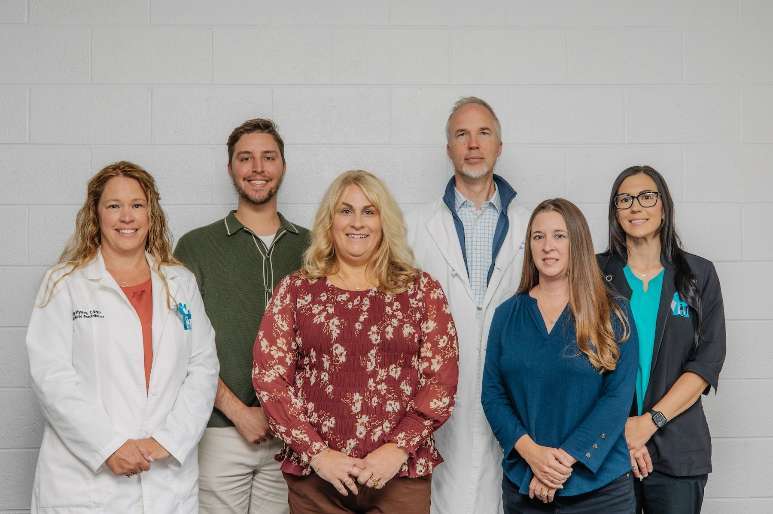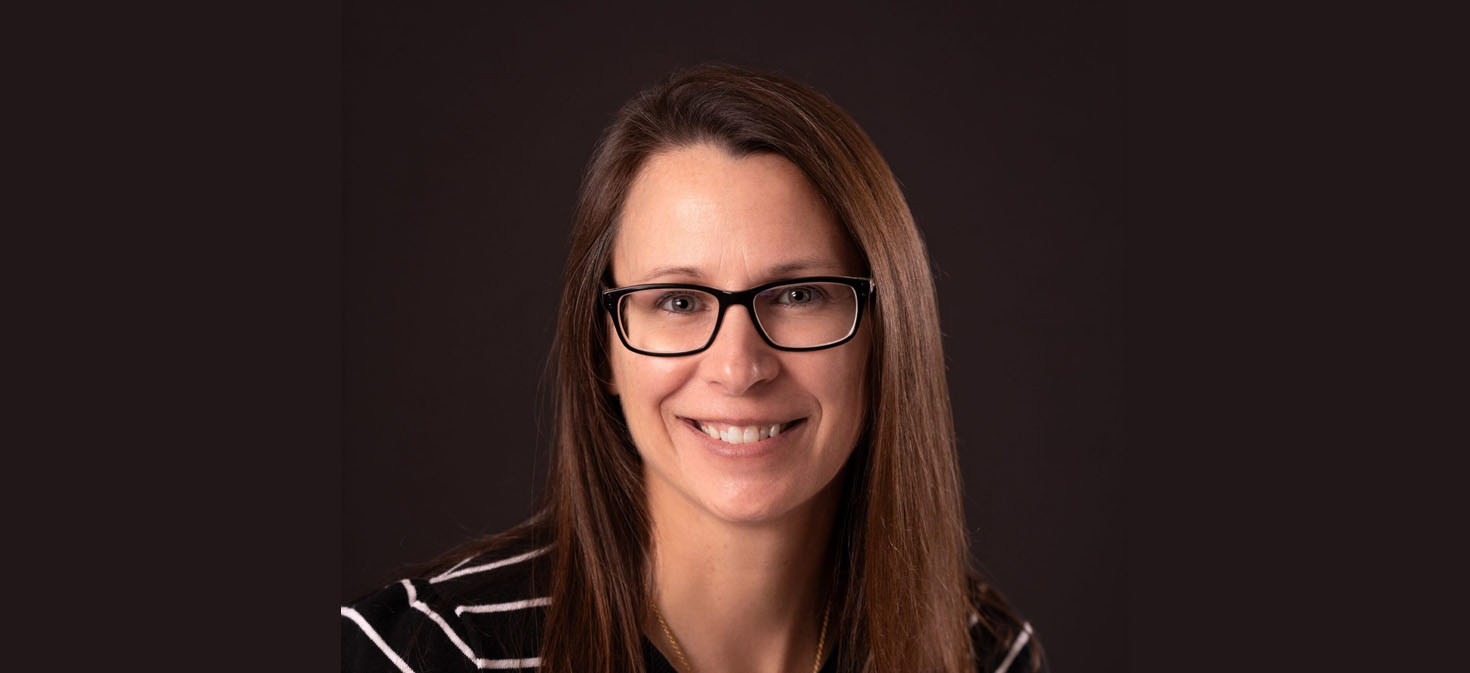
Episode 191: Road Show Reflections with Farzad Mostashari, M.D. and Mat Kendall
Aledade CEO Farzad Mostashari, M.D., and Mat Kendall, president, join Josh Israel and Sean Cavanaugh to share insights from their recent road trip to primary care practices from Los Angeles to Washington D.C. They reflect how conversations about...
Read More









